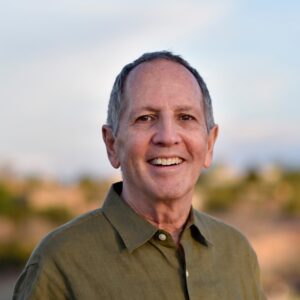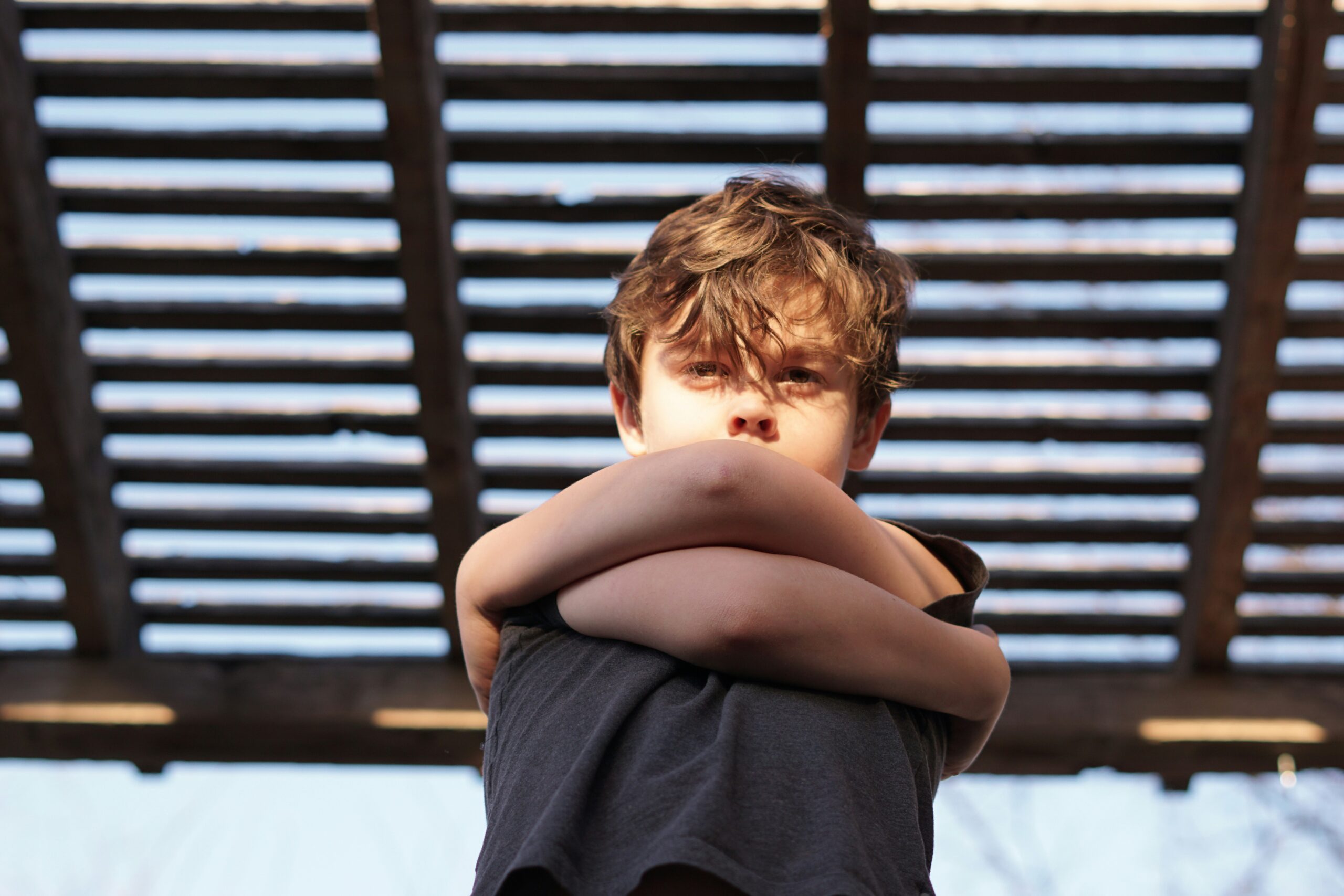Self-love is probably one of the most important aspects of a healthy self-image. Like many things…it’s easier said than done.
Years ago, I participated in a week-long residential workshop called the Hoffman Process. One of the underlying tenets was about loving yourself. Another aspect of the workshop was no one knew what we did; we all kept our ‘jobs’ a secret until the very last day. On that last day, after we all revealed what we did, I was having a conversation with 5 people and was explaining the Feldenkrais Method. At some point, I said, “What I really do is help people like themselves more.” And all of them said, “That sounds a lot easier than loving ourselves.”
I was really struck by that!
Of course, self-love and loving ourselves is essential to our happiness and wellbeing. Yet for many of us it is either a distant dream, something we do not understand or have no idea where to begin.
Everything in approximations is an idea that is familiar to most of through the Feldenkrais Method. How learning, development and personal evolution happens over time, not all at once…in successive approximations.
In 2004 I was creating a workshop about self-image (Uncommon Sensing-Moving Beyond Your Self-image). While exploring the idea of self-image I began to think, that our self-image was a reflection of how much we like ourselves. If I have a good self-image, I like myself; if I don’t have a good self-image, I don’t like myself. After playing with this idea for a few years I decided that this was my job, to help people like themselves more! And I do it through the Feldenkrais Method.
I remember Moshe talking about our work as the means to make our lives easier and more comfortable, a very important idea and value. The idea of liking oneself is also important and, for me, a bit more personal. All on the same continuum (not sure which comes first). One of Moshe’s claims to fame, and very accurately so, was his ability to make the abstract concrete. Which brings me to the question, how do we practice liking ourselves?
A first approximation of this, familiar to all of us, is external. It is through things. We get a new haircut or some new clothes…and we like ourselves more. Maybe it’s a new car or apartment or home…and we like ourselves more. It could be a relationship or job or dozens of other ‘things.’ They all work and can bring us satisfaction. And…unfortunately, they can also be fleeting, temporary or short-lived.
What can we acquire that is more lasting? Something that can always be with us? Something that is not dependent on the external?
Through the Feldenkrais Method I believe we have a unique opportunity and an unusual practice that can do this for ourselves and for others. It has become something that I speak about in every context I teach in, training programs, public workshops and advanced trainings. It is now part of my conversations in other contexts as well. And it is simple! We can practice moving in a way that we like the way it feels.
Simple…yes! Too simple…maybe. Challenging…likely. How can something so obvious and simple be challenging? Because we need to learn how to do it. We need to practice doing it. We need to make it part of our lives in a regular way and let it develop, over time.
It’s not like acquiring something like a new shirt, that has an immediate gratification. It’s something to be explored and during the exploration we are likely to encounter the challenge of can we do it and how we do it.
In most ATMs I teach I recommend that people move in a way, that they like the way it feels. During a lesson I say, I am going to ask you a question, and notice what happens when I ask it, and then I ask, are you moving in a way that you like the way it feels? If the answer is yes, that is great. But if it changes how you are moving, I believe that is significant!
Significant because we realize that we aren’t moving with this quality. We too often move in the right way, or to be good at it, or to achieve it. Those can all be good yet imagine if we added to that, moving in a way that you like the way it feels.
One of the gifts in exploring liking ourselves in this way is it’s not attached to anything external. It’s a practice we can develop within ourselves. It’s not dependent on a thing! Here we can introduce this idea through the back door of who we are. Over time it can develop and grow until one day…we simply like ourselves more.
Learning about this and practicing this in an ATM is just the beginning. We can do this at moments throughout our day, from now on, for the rest of our lives!
One of the absolute best outcomes I have experienced from teaching this practice was when I was graduating a training program in Australia. I would call someone’s name and they would come up and I would give them their certificate and a hug and so many of them whispered in my ear…I like myself more now. For me it made the whole process of the training worthwhile. Of course, I wanted the students to learn the Feldenkrais Method…and know themselves more…and…liking themselves more…well, that was the best outcome I could imagine.
Which leads me to yet another way of liking ourselves more. By giving to others. I have found that with every act of kindness, I like myself a bit more. I am not suggesting doing acts of kindness to then pat ourselves on the back to like ourselves more. I am saying that connecting with others, whether it’s reminding someone or yourself to move in a way that they like the way it feels or an act of kindness, they are all on the path of self-love.
Have I strayed too far from self-love? I hope not. I hope I have clarified the path to self-love. Showing how it’s a continual process, one that might be more approachable, in approximations, from self-like to self-love.
This may be obvious yet needs to be said, self like and self-love is not places to arrive at. It’s a process to be continually practiced and explored. It’s not a destination.
And one final word. In my own exploration of learning to like myself more, love myself more, I have found that with each step where I more fully succeed, the following steps become a bit more challenging, more demanding and require a deeper exploration and understanding of myself. I have come to realize that this kind of change is absolutely worthwhile, and it also necessitates a continued courage and commitment towards liking myself more, towards loving myself more.
My advice…never stop your pursuit!
 About Alan
About Alan
Alan S. Questel, GCFT is known for his clarity, creativity and down to earth style of teaching. He brings a depth of understanding, humor and gentle human perspective while creating lively conditions for learning. Alan has taught thousands of people in over 20 countries, on 5 continents. Trained by Dr. Feldenkrais (Amherst 1983) he has created numerous Feldenkrais programs on varied topics including one for pregnant women (Pregnant Pauses). He is author of Practice Intentional Acts of Kindness and Like Yourself More and Creating Creativity Embodying the Creative Process.

